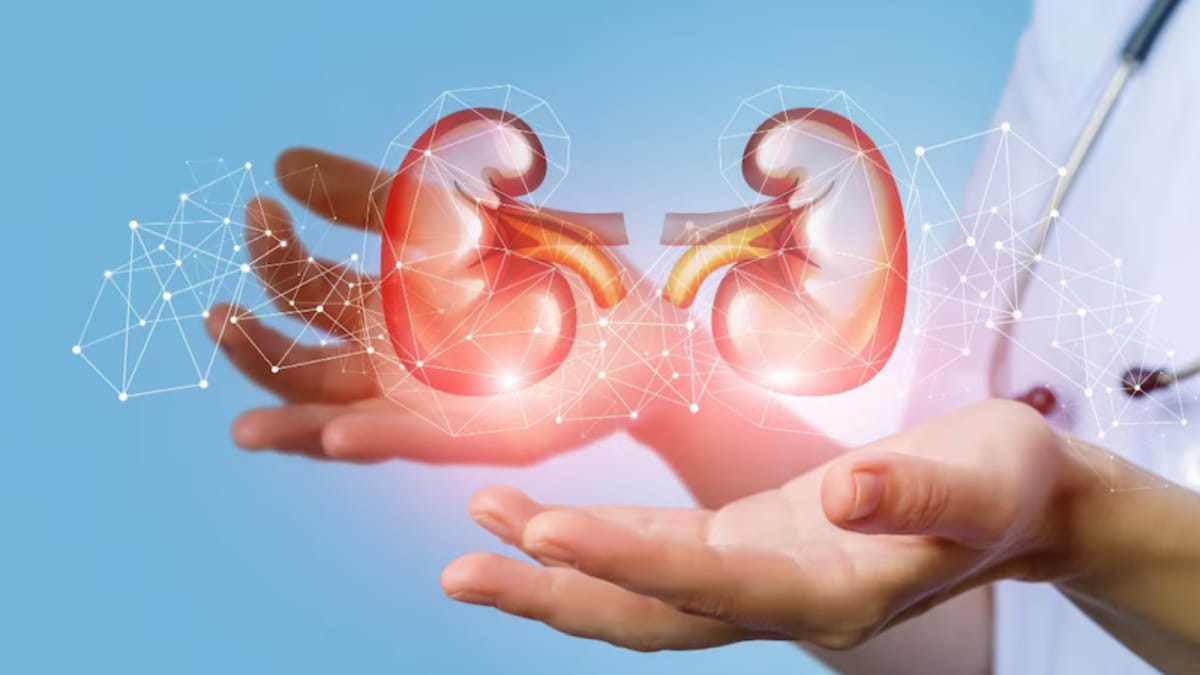Is Your Pee Trying to Tell You Something? 7 Signs of Kidney Trouble Aussies Need to Know

Kidney disease is a silent epidemic, often progressing without noticeable symptoms until it's quite advanced. For Australians, with our aging population and increasing rates of conditions like diabetes and high blood pressure (major risk factors for kidney disease), it's more important than ever to be proactive about kidney health. Early detection and management can significantly slow down the progression of kidney disease and improve quality of life.
Let's get straight to it – what's your pee saying? Here's a breakdown of common urine colours and what they might indicate:
- Pale Yellow: Generally a good sign! This indicates you're well-hydrated.
- Bright Yellow: Could be due to B vitamins – nothing to worry about usually.
- Orange: Could be caused by medications, dehydration, or a problem with your liver. Worth checking in with your GP.
- Pink or Red: This is the one to take seriously. It could be due to blood in your urine, which can be caused by kidney stones, urinary tract infections (UTIs), or more serious conditions. Always see a doctor.
- Brown: Could indicate dehydration, liver problems, or muscle damage. Get it checked out.
- Blue or Green: Rare, and often caused by certain medications or food dyes. Still, it's worth mentioning to your doctor.
It's not just about the colour. Be on the lookout for these other potential signs of kidney problems:
- Foamy Urine: Excess protein in your urine, which can be a sign of kidney damage.
- Changes in Frequency: Needing to urinate more or less often than usual.
- Pain or Burning: During urination, which could indicate a UTI affecting the kidneys.
- Swelling (Edema): In your feet, ankles, or face, due to fluid retention.
- Fatigue and Weakness: Kidneys play a vital role in producing red blood cells, so a decline in kidney function can lead to fatigue.
The good news is, you can take steps to protect your kidney health:
- Stay Hydrated: Drink plenty of water throughout the day.
- Control Blood Pressure and Blood Sugar: Manage conditions like diabetes and hypertension.
- Eat a Healthy Diet: Limit processed foods, sodium, and sugary drinks.
- Don't Overuse Painkillers: Excessive use of NSAIDs (like ibuprofen) can damage your kidneys.
- Get Regular Checkups: Talk to your doctor about kidney health, especially if you have risk factors.
Paying attention to your urine is a simple yet powerful way to monitor your kidney health. Don't ignore any unusual changes – early detection and intervention can make a significant difference. Your kidneys are vital organs – take care of them!






